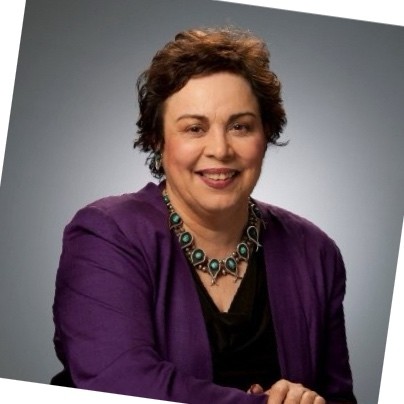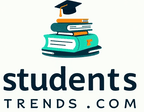Modern education approaches The shift from traditional classrooms to flexible, student-centered learning methods. The standard one-size-fits-all approach to education no longer meets the diverse needs of students. Rigid curricula and passive learning methods often leave students disengaged and struggling to keep up with modern demands.
Personalized Learning Is Gaining Momentum
Schools are shifting toward customized learning experiences that cater to each student’s pace and interests. Adaptive technology and individualized lesson plans allow students to progress based on mastery rather than fixed timelines.

Project-Based Learning Is Replacing Rote Memorization
Instead of focusing on memorization and standardized tests, schools are emphasizing real-world problem-solving. Project-based learning helps students develop critical thinking and collaboration skills, preparing them for future careers.
Hybrid and Online Learning Are Reshaping Education
Blended learning models that combine in-person and online instruction provide flexibility and accessibility. Students can engage with coursework at their own pace while benefiting from interactive, tech-driven lessons.
Skills-Based Education Is Taking Priority
Employers are increasingly looking for practical skills rather than just degrees. Schools are integrating hands-on training, coding, financial literacy, and entrepreneurship into curricula to better prepare students for the workforce.
Social-Emotional Learning Is Becoming Essential
Education is no longer just about academics. Schools are prioritizing emotional intelligence, resilience, and mental well-being, helping students develop the soft skills needed for success in life and careers.
Is Your Child’s School Keeping Up?
Parents should evaluate whether their child’s school is adapting to these modern trends. Asking about updated teaching methods, technology integration, and skill development programs can help ensure a future-focused education.

I have 20 years of experience in higher education leadership. I held prominent academic positions at various institutions, concentrating on key areas such as student learning, faculty development, curriculum design, and institutional accreditation. As the Team Chair for eleven accreditation evaluations with the Middle States Commission on Higher Education, I have successfully directed thorough assessments that uphold academic standards and regulatory requirements. Furthermore, I have provided consulting services to major international institutions, offering guidance on accreditation processes, strategic planning, and governance frameworks. Her extensive knowledge in assessment, budget management, and collective bargaining and her commitment to academic excellence and institutional effectiveness make her a passionate champion for shared governance in higher education.
